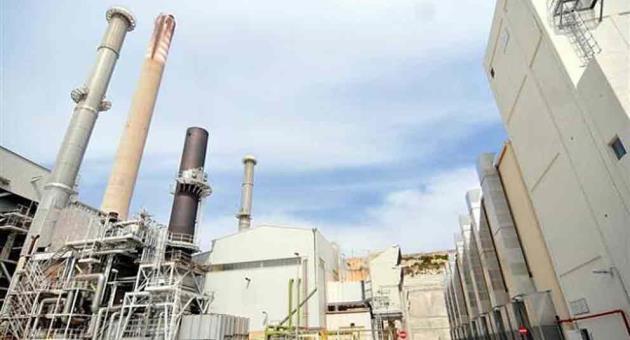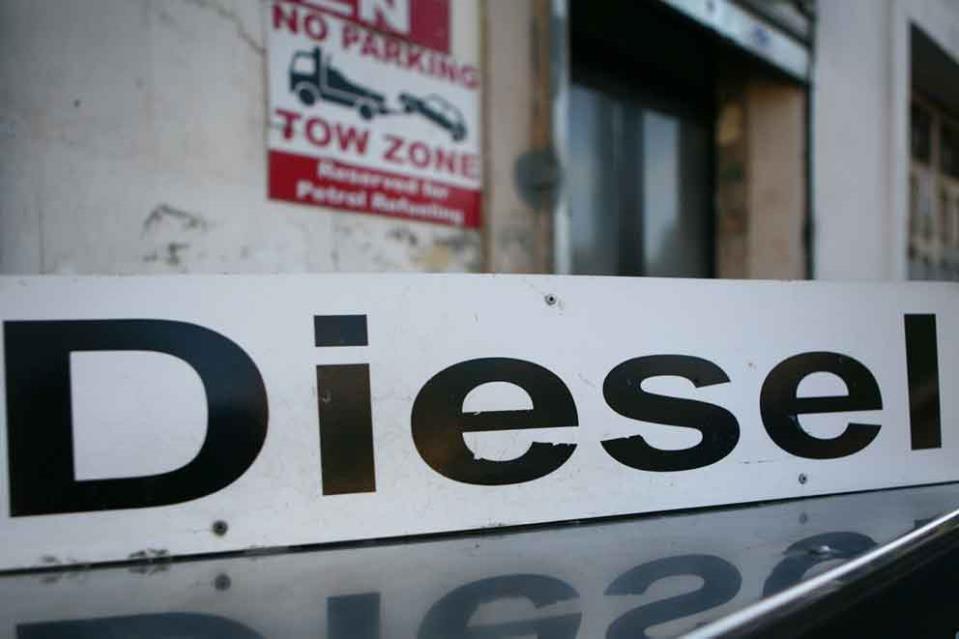The hedging deal that Enemalta reached with Azerbaijani state-owned company SOCAR last year - following "ministerial direction" by Energy Minister Konrad Mizzi - had all the characteristics of insider trading, former minister Tonio Fenech charged this evening.
Mr Fenech, who was the minister responsible for Enemalta between 2010 and 2013, was testifying before Parliament's Public Accounts Committee, which is discussing the company's oil procurement practices, which came to prominence when trader George Farrugia turned state evidence and a number of people - including former chairman Tancred Tabone - were arraigned over corruption charges. Mr Fenech is actually the committee's chairman, but fellow opposition MP Jason Azzopardi has been chairing meetings on Enemalta's procurement due to his inclusion in the list of witnesses.
The MP was in a combative mood, repeatedly asserting that there was nothing to suggest that the government he was part of was in any way involved in the alleged corrupt dealings and even taking the opportunity to criticise the present government on a number of issues related to energy.

In his opening remarks, he pointed out that when he was responsible for the sector, Enemalta faced a difficult situation, not least because of the high oil prices of the time. He noted that high bills were a constant concern, and that the government felt that it could not impose a greater burden on consumers.
The development of the BWSC plant, he explained, saved some €1 million a week, and the interconnector project - which was finally inaugurated this year - was also important.
Mr Fenech noted that the Labour Party had frequently criticised the PN government for failing to convert to gas power generation immediately, and dismissed its argument that some five years were required to develop a gas pipeline. He added that despite its insistence that it could switch to gas power in two years, time has proven the opposition right, as the Labour government failed to meet its own self-imposed deadline.
He also criticised Labour's past allegations that he had been willing to sell Enemalta for €1. He pointed out that even if he did so, it would still mean an €800m deal if the buyer assumed all debts, but also insisted that the sale of a 33% stake in Enemalta to Shanghai Electric was a worse deal. He noted that the Chinese company not only acquired control of the BWSC plant, but also benefited from the extensive property that was transferred to Enemalta shortly before the deal took place.

Commenting on the lack of minutes by the fuel procurement board, Mr Fenech said that this was deplorable, although he rejected the explanation given by former chairman David Spiteri Gingell that this was due to a lack of human resources, as one did not need the people he had requested to keep minutes for a committee that met some 7-9 times a year.
But he pointed out that the presence of minutes did not guarantee good governance, pointing out that these did not stop Dr Mizzi from giving ministerial direction to Enemalta to negotiate with Azerbaijan. He noted that this was a far more serious matter than the ministerial direction Dr Gatt had given over hedging policy, noting that his former colleague had every right to do so.
Mr Fenech went one further, stating that when a company coincidentally offers a better price than the one that had been agreed upon, this typically happened after someone received insider information about specifications, quantities, shipments and prices offered.
"Information that others did not have, and had to compete without," he added.
He stressed that he did not excuse the lack of minutes, but stressed that corruption could not be blamed on them.

Mr Fenech then answered questions by Justice Minister Owen Bonnici, who started by asking him why then-Prime Minister Lawrence Gonzi saw fit to shift responsibility over Enemalta from Dr Gatt to him.
The MP said that the question should have been asked to Dr Gonzi, and that he would not reveal what the former prime minister had told him privately, but in reply to another question, he did acknowledge that he was not completely surprised by the move.
Dr Bonnici also asked Mr Fenech whether he agreed that Malta's dependence on oil had been key to the fuel procurement scandal, but the MP pointed out that the government he formed part of was working to address this, including through the development of the interconnector.
He even insisted that the government was presently benefiting from "reaping the low-hanging fruit of our work," specifically mentioning the BWSC plant and the interconnector.
But Mr Fenech also pointed out that a switch to gas alone would not have stopped the fuel procurement scandal, and strongly dismissed suggestions that the government may have delayed switching due to pressure from those profiting from corrupt practices.
He noted that local agents only represented suppliers, and would have similarly earned commission on the sale of gas. If anything, he added, agents would have been opposed to the development of the interconnector, as they could earn no commission from the direct purchase of electricity.
Mr Fenech will be continuing his testimony before the committee next Tuesday.